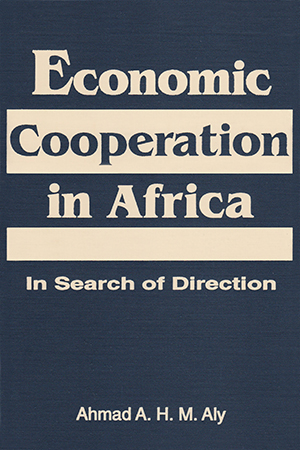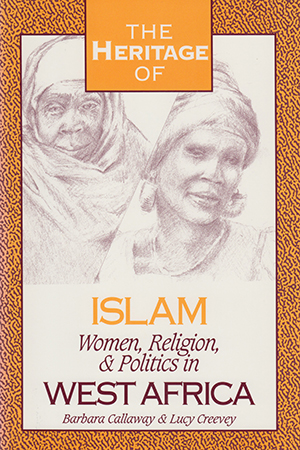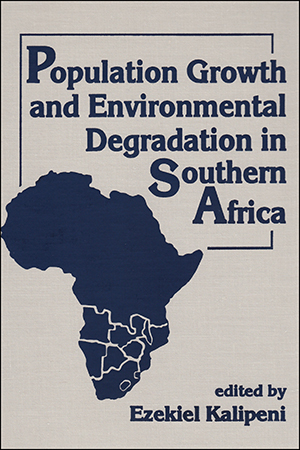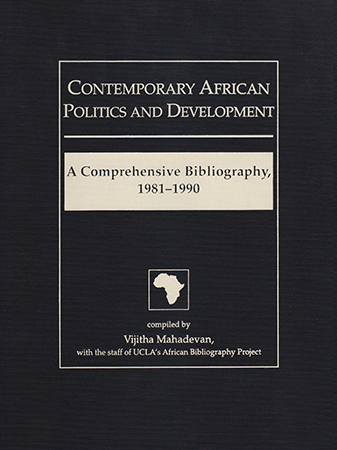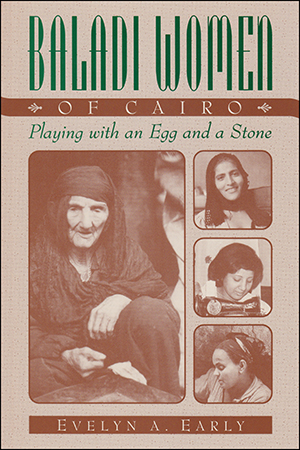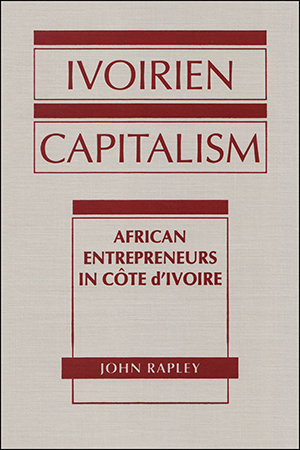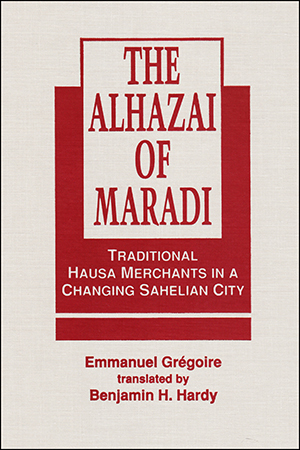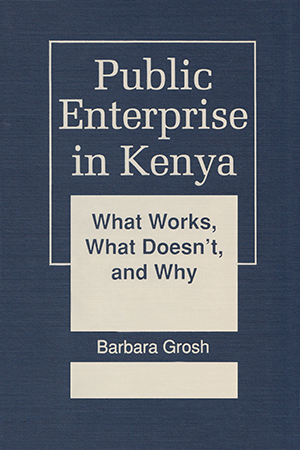Africa
To update this rich, informative collection of life histories, Davison returned to Mutira in 1989, 1992, and 1994, documenting the changes occurring since her 1984 study. Six of the seven More >
The multilateral banks are powerful forces in the international community, providing loans of more than $250 billion to developing countries over the last half-century. The best-known of More >
Using insights from feminist theory and political economy, Gordon examines the implications for women of current economic and political reform efforts in Africa. Much of the work on women More >
Under apartheid, coloured people in South Africa were not "white enough." Now, some fear that they are not "black enough" to benefit from a democratic South Africa, as More >
This seminal book examines the potential value of the concept of civil society for enhancing the current understanding of state-society relations in Africa. The authors review the meanings More >
The collapse of states—a phenomenon that goes far beyond rebellion or the change of regimes to involve the literal implosion of structures of authority and legitimacy—has until More >
The violence of war leads to the euphoria of Algeria's newly won independence from France—and then quickly deteriorates into a harsh and cynical reality in this brutal yet lyrical More >
Regionalism, Ahmad Aly argues persuasively, is the most appropriate strategy for the achievement of autonomous, self-sustained development in Africa. Aly traces the causes of the failures More >
Callaway and Creevey explore the impact of Islam on the lives of West African women, particularly (but not exclusively) in Nigeria and Senegal. Focusing on whether Islam acts as a barrier More >
Population growth and environmental degradation are becoming increasingly important, and intertwined, issues in Southern Africa. The authors of this book warn that unless population growth More >
This invaluable research tool is a systematic, comprehensive analysis of books, monographs, journals, and edited volumes dealing with African political affairs and socioeconomic More >
Traditional, urban Egyptian women—baladi women—extol themselves with the proverb, "A baladi woman can play with an egg and a stone without breaking the egg." Evelyn More >
Though studies of capitalism in Africa traditionally focus on the activities of foreign investment, in Cote d'Ivoire capitalist development has been largely the work of a domestic class More >
The West African town of Maradi, capital of a prestigious nineteenth century Hausa chiefdom, became a trading center during the colonial period, and after Niger's independence in 1960, More >
Central to the development strategies of virtually all the sub-Saharan economies, public enterprises are nonetheless perceived as inefficient and unprofitable. Barbara Grosh examines the More >


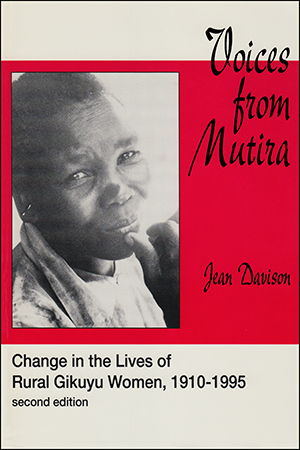
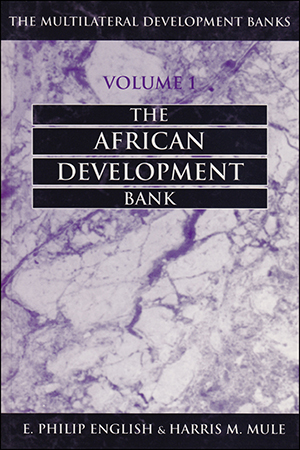
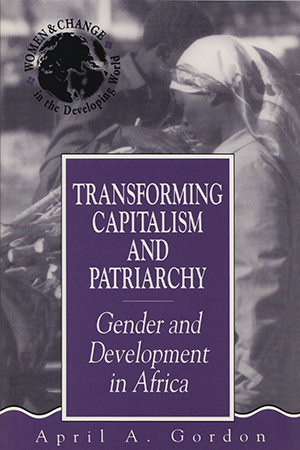
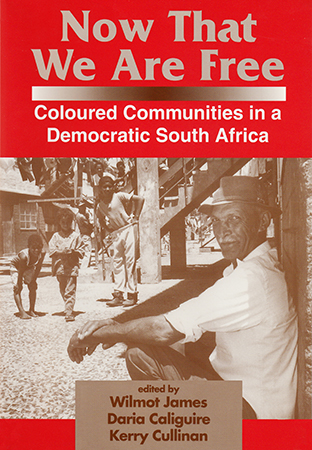
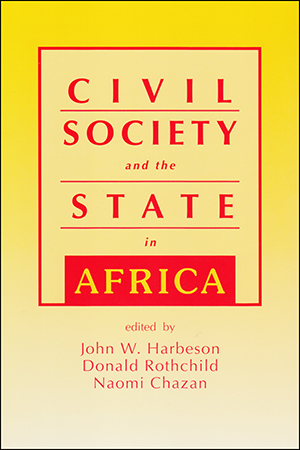
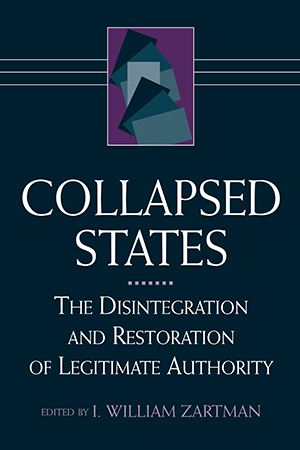
![Shattered Vision [a novel]](/uploads/67096eb5215c6.jpg)
